I am following this tutorial and successfully replicated its behavior except that I am using Antlr 4.7 instead of the 4.5 that the tutorial was using.
I am trying to build a DSL for expense tracker.
Was wondering if each element can have attributes?
E.g. this is what it looks like now
This is the code for the todo.g4 as seen in https://github.com/simkimsia/learn-antlr-web-js/blob/master/todo.g4
grammar todo;
elements
: (element|emptyLine)* EOF
;
element
: '*' ( ' ' | '\t' )* CONTENT NL+
;
emptyLine
: NL
;
NL
: '\r' | '\n'
;
CONTENT
: [a-zA-Z0-9_][a-zA-Z0-9_ \t]*
;
Meaning to say the element will also have 2 attributes such as amount and payee. To keep it simple, I will have the same sentence structure so to allow parsing to be done more easily.
the format will be pay [payee] [amount]
the example is pay Acme Corp 123,789.45
so the payee is Acme Corp and the amount is 12378945 as expressed in integers to denote the amount in denominations of cents
another example is pay Banana Inc 700
so the payee is Banana Inc and the amount is 70000 as expressed in integers to denote the amount in denominations of cents
I am guessing I need to change the todo.g4 and then re generate the parser.
Can an element have other attributes? If so, how do I get started?
UPDATE
This is my latest attempts ranked with latest updates on top:
I just figured out how to use grun and testRig. Thanks @Raven for that tip.
latest attempt: My latest expense.g4 (only difference from earlier attempt is the regex for payment)
grammar expense;
payments: (payment NL)* ;
payment: PAY receiver amount=NUMBER ;
receiver: surname=ID (lastname=ID)? ;
PAY: 'pay' ;
NUMBER: ([0-9]+(','[0-9]+)*)('.'[0-9]*)?;
ID: [a-zA-Z0-9_]+ ;
NL: '\n' | '\r\n' ;
WS: [\t ]+ -> skip ;
Earlier attempt: This is my expense.g4
grammar expense;
payments: (payment NL)* ;
payment: PAY receiver amount=NUMBER ;
receiver: surname=ID (lastname=ID)? ;
PAY: 'pay' ;
NUMBER: [0-9]+ (',' [0-9]+)+ ('.' [0-9]+)? ;
ID: [a-zA-Z0-9_]+ ;
NL: '\n' | '\r\n' ;
WS: [\t ]+ -> skip ;
Earlier attempt: https://github.com/simkimsia/learn-antlr-web-js/commit/728813ac275a3f2ad16d7f51ce15fcc27d40045b#commitcomment-25127606
Earlier attempt: https://github.com/simkimsia/learn-antlr-web-js/commit/0c32aec6ffb4b4275db86d54e9788058a2ce8759#commitcomment-25125695



